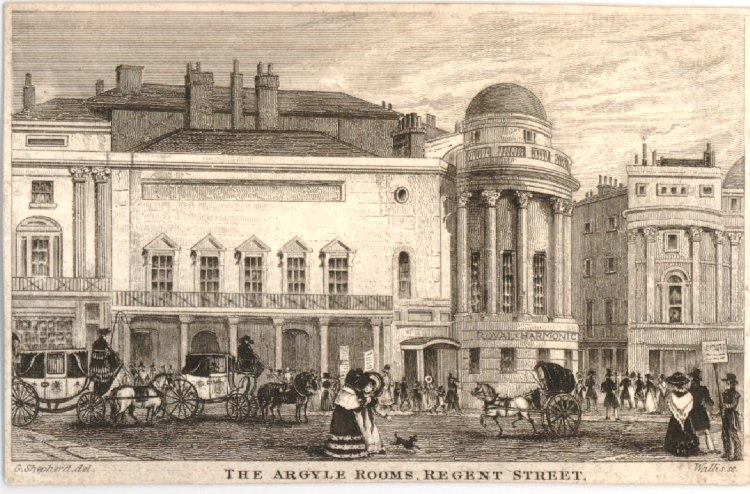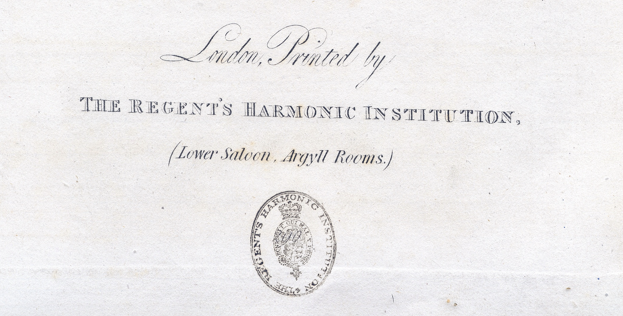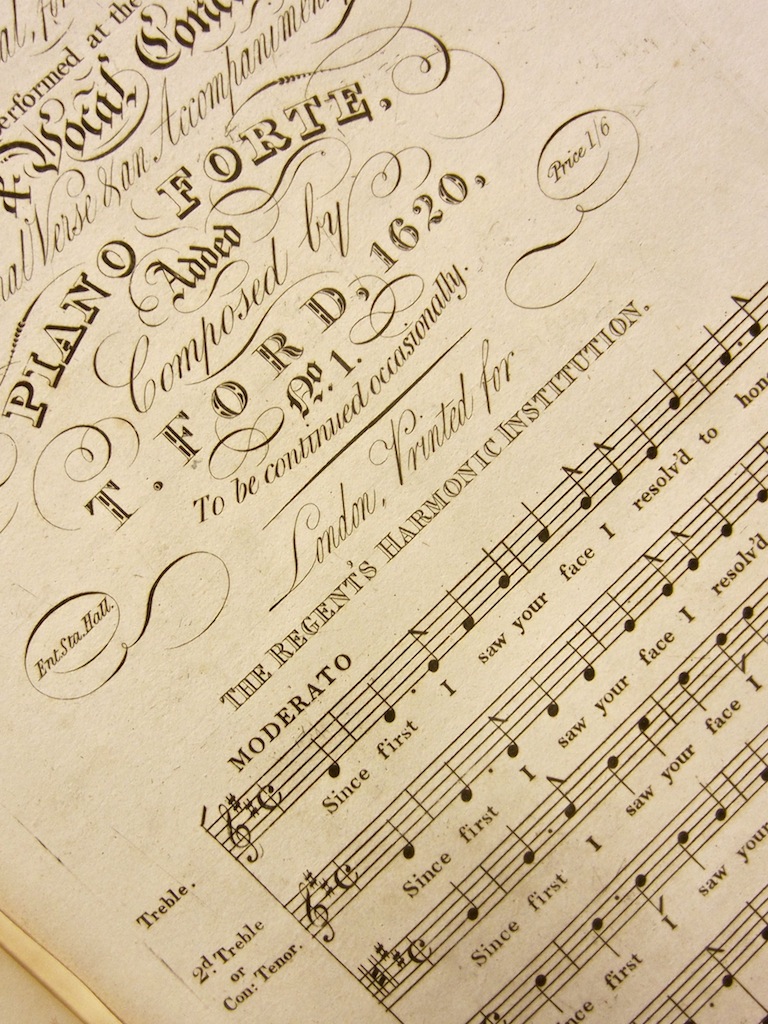Taking stock
'Taking Stock: Art, Commerce and the Cooperative Model in British Music Publishing, 1819-24' : An invited seminar for the Institute of Musical Research, London; Queen's University, Belfast; and Maynooth University, Ireland
In London, Belfast and Maynooth I've recently given seminars on a little-known aspect of the early Philharmonic Society (founded in London in 1813, still active as the Royal Philharmonic Society), namely, its work as a music publisher. Good questions from seminar participants continue to stimulate my further research.

Everyone knows that the venerable Philharmonic Society was set up to present modern orchestral concerts on a continuing seasonal basis, regularly exhibiting not only the best instrumental music but healthy cooperation, too, among music professionals. Yet continuity and cooperation were difficult aims for London-based musicians, nearly all of whom were freelancers negotiating a fiercely competitive open market in the early nineteenth century. The Society's publishing arm, like most of its other innovative projects, tested those ideals to the limit. For a variety of reasons, history has judged the publishing activity harshly, deeming it a failure and writing it out of the Philharmonic record.
 Evidence of what this short-lived company produced in the years 1819-24, however, and the strategy behind it deserve a fresh look. Operating as the 'Harmonic Institution' - first 'Regent's', then after 1820 'Royal' - the firm's owner-members functioned as a cooperative society, pooling their talents in composition and arranging.
Evidence of what this short-lived company produced in the years 1819-24, however, and the strategy behind it deserve a fresh look. Operating as the 'Harmonic Institution' - first 'Regent's', then after 1820 'Royal' - the firm's owner-members functioned as a cooperative society, pooling their talents in composition and arranging.
They sought to cultivate new composers including women and pre-professional music students, as well as to create and market a full range of original and edited scores at distinct levels, from Beethoven and Weber to J.W. Holder and T.A. Rawlings. Reconnecting the Harmonic Institution and some 600 of its music editions to the parent organization indeed reveals more coherence, ambition and percipient achievement than conventional histories have ever suggested for this context. There is surely more to learn. 
'so engaging'
'so many new insights'
'it's amazing how her work is changing understandings'
3 students
 Langley
Langley